DEMOCRACY'S
DEMOCRACY' S
M. LANE BRUNER



For Meryl, my world
CONTENTS
CHAPTER
CHAPTER
CHAPTER
CHAPTER
CHAPTER
CHAPTER
CHAPTER
PREFACE
 henever one writes on a topic as sweeping as the historical relationship between economic and political liberty, one takes risks. Outstanding minds across the ages have approached these topics, including, but certainly not limited to, Aristotle, Polybius, Machiavelli, Montesquieu, Kant, Polanyi, Quentin Skinner, and J. G. A. Pocock. While I have brought these many perspectives together for the first time to explain why our geopolitical landscape is so troubled, and to show how the historical victory of economic liberty over political liberty has shaped that landscape, any such enterprise has its limits. Still, though briefly remarking on these limits seems only responsible here at the beginning, I believe the risks are necessary, for only by taking the long view do important features of the relationship between wealth and statecraft become clear.
henever one writes on a topic as sweeping as the historical relationship between economic and political liberty, one takes risks. Outstanding minds across the ages have approached these topics, including, but certainly not limited to, Aristotle, Polybius, Machiavelli, Montesquieu, Kant, Polanyi, Quentin Skinner, and J. G. A. Pocock. While I have brought these many perspectives together for the first time to explain why our geopolitical landscape is so troubled, and to show how the historical victory of economic liberty over political liberty has shaped that landscape, any such enterprise has its limits. Still, though briefly remarking on these limits seems only responsible here at the beginning, I believe the risks are necessary, for only by taking the long view do important features of the relationship between wealth and statecraft become clear.
My primary goal in the following pages is to suggest that the promise of republican forms of government has not been fulfilled because the power of money has time and time again overwhelmed political reason. As a result, our global constitution remains troubled. While our world is becoming increasingly interconnected due to advances in communication and transportation technologies, our forms of government are not keeping pace. We still live in an anarchic world of "sovereign states," while the world's problems increasingly require global solutions. Understanding why we have failed to create a responsible form of global government, I argue, requires an understanding of the history of arguments related to economic and political liberty. Only by understanding where we have been, and how where we have been has brought us to where we are today, can we consider how to move ahead in the most informed and reasonable manner toward responsible global statecraft.
Despite such a grand goal, however, there are risks with such an enterprise. First, many may be disappointed by my Anglo-American bias. In a comparative study of the rise and fall of republican forms of government, more time could obviously have been spent on the rise and fall of the Roman republic, the French republic, the Spanish republic, and other republican experiments. However, it was the failure of the English and American revolutions to produce republican forms of government with sufficient protections for the "democratic" element, and too many protections for the "monied interests," that most negatively impacted the promise of a responsible global republic. It was the United States and Great Britain at the end of World War II who led the charge for the development of institutions whose reason for being was to defend global economic liberty, not global political liberty. The World Bank, the International Monetary Fund, and the World Trade Organization, for example, are decidedly antidemocratic organizations, yet their defenders argue that economic liberty is the foundation for political liberty-a claim that is not necessarily true. The ultimate failure of republican revolutions in Great Britain and the United States, therefore, was of special importance for the development of the "New World Order," thus my focus on them here.
Second, when surveying debates between plebs and patricians in ancient Rome, humanists and Scholastics in the Renaissance Italian city-states, Old Whigs and Modern Whigs in revolutionary England/Great Britain, Anti-Federalists and Federalists in revolutionary America, and anticorporate globalization activists and economic neoliberals today, no matter how careful the research, one cannot help but fall prey to attacks by scholars who spend their professional lives studying any one of these historical moments. Nevertheless, I have done my best to draw upon a wide range of scholarship related to each historical period, moving with prudent speed, in order to make the larger comparative arguments forming the heart of this study. Hopefully, the majority of readers will forgive minor errors that may have been committed in pursuit of my higher goal: working toward a more responsible form of global government that protects economic and political liberties with equal zeal.
Third, this is the sort of book that could have been worked on and polished for decades, not years. Given the wide range of republican experiments across history, from Sparta to Carthage, from Florence to Venice, and from Spain to France, clearly I could have covered much more ground, but much of this additional information would unnecessarily complicate my case. Also, it seems to me that the best books are the most concise. As Plutarch said of the Greek general Phocion, when the latter was trying to steer the Athenian democracy from certain ruin, he would attempt to crowd the greatest amount of significance into the smallest allowance of space. As the theaters where he was soon to speak would fill with audiences, he would pace behind the scenes worrying how to shorten what he was about to say. Similarly, had I indeed chosen to take even more time and draw upon more historical examples, I hope the manuscript would have been even shorter.
Fourth, following Friedrich Nietzsche's philosophy of history in his famous On the Advantages and Disadvantages of History for Life and Michel Foucault's thoughts on "effective history," I freely admit that what follows is something on the order of "critical history" rather than "Platonic history." That is, while I have attempted to remain completely true to historical fact, I have something of an "ax to grind" when it comes to the troubled historical relationship between economic and political liberty. Specifically, I seek to recover the arguments of those who lost the historical debate, for there is much truth in them. Truth be told, while I am no enemy of tamed capitalism, and I am certainly no Marxist, I do believe that irresponsible forms of selfinterest have elevated economic liberty above political liberty to our collective peril, and I hope in the following pages to prove this. It is also my fervent hope that some form of responsible global government will emerge in the not-so-distant future, and if my critique of the failed history of republicanism helps in even the smallest way to further that project, then I am content.
Fifth, and finally, those familiar with contemporary philosophy, especially of the poststructuralist variety, will almost certainly think this book is naively utopian. All attempts at creating global government have tended to be either imperial or totalitarian projects, and all universal projects cannot help but structurally fail to address all the particular needs and concerns of the world's people. I hope, however, that my final chapter shows sufficient attention to such objections, suggesting institutional arrangements that take into account the best of poststructuralist philosophy. Regardless of whether or not such philosophers are satisfied, I would note the sad fact that Polish poet Czeslaw Milosz once observed philosophers fighting over garbage in the concentration camps. We cannot afford, as some contemporary philosophers do, to stand idly by, wringing our hands over the impossibility of "understanding the real," or the "unending violence of linguistic representation," without seeking to address concretely the political vacuum left in the wake of the disastrous politics of the twentieth century. If this present project does nothing more than contribute to reinvigorating conversations about progressive political alternatives for the twenty-first century, then, once again, I will be satisfied.

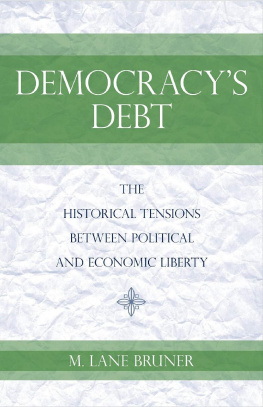

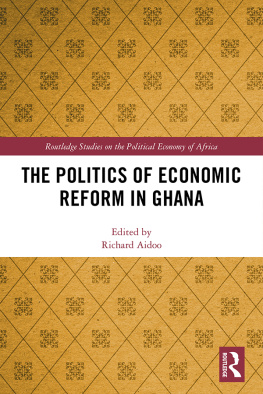
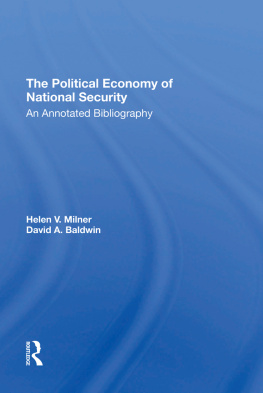
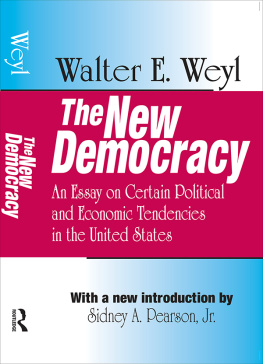
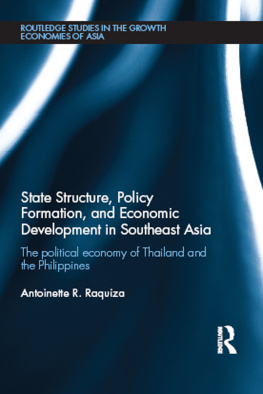

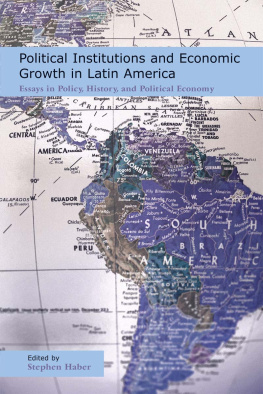
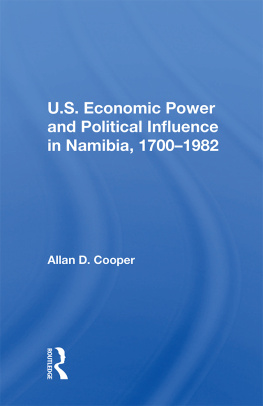
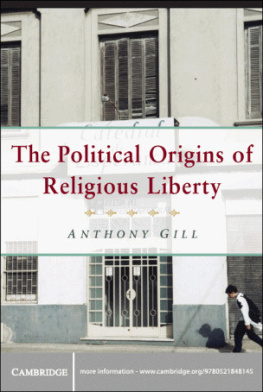



 henever one writes on a topic as sweeping as the historical relationship between economic and political liberty, one takes risks. Outstanding minds across the ages have approached these topics, including, but certainly not limited to, Aristotle, Polybius, Machiavelli, Montesquieu, Kant, Polanyi, Quentin Skinner, and J. G. A. Pocock. While I have brought these many perspectives together for the first time to explain why our geopolitical landscape is so troubled, and to show how the historical victory of economic liberty over political liberty has shaped that landscape, any such enterprise has its limits. Still, though briefly remarking on these limits seems only responsible here at the beginning, I believe the risks are necessary, for only by taking the long view do important features of the relationship between wealth and statecraft become clear.
henever one writes on a topic as sweeping as the historical relationship between economic and political liberty, one takes risks. Outstanding minds across the ages have approached these topics, including, but certainly not limited to, Aristotle, Polybius, Machiavelli, Montesquieu, Kant, Polanyi, Quentin Skinner, and J. G. A. Pocock. While I have brought these many perspectives together for the first time to explain why our geopolitical landscape is so troubled, and to show how the historical victory of economic liberty over political liberty has shaped that landscape, any such enterprise has its limits. Still, though briefly remarking on these limits seems only responsible here at the beginning, I believe the risks are necessary, for only by taking the long view do important features of the relationship between wealth and statecraft become clear.